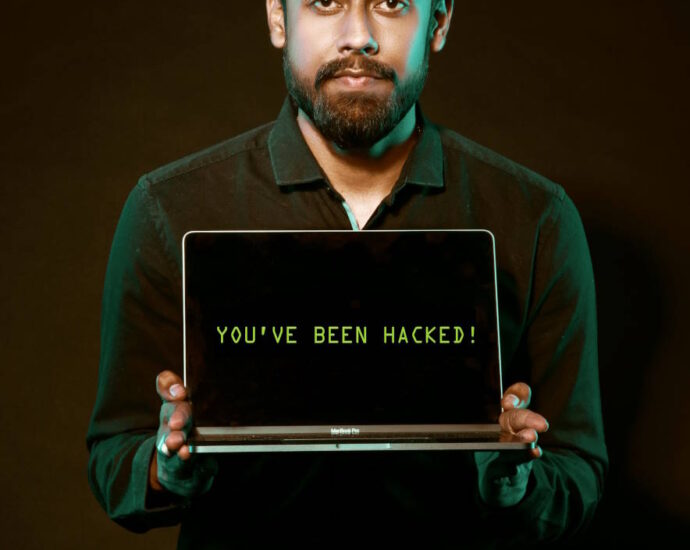When I go on vacation, I relax a lot of my “rules” about life. I want to enjoy the time off, whether that means not worrying about the cost of eating out or enjoying an extra day at the amusement park. Unfortunately, this vacation mindset can cause people to ignore their normal focus on security, especially when it comes to their devices. Here are some things to keep in mind when you’re traveling to stay as safe as possible.
Take only what you need
At my house, we have tablets, laptops, a desktop, and several cellphones. Unless you’re spending time working while on vacation, you should consider taking only your phone. Limiting your load will make it easier to secure what you bring – you can put it in the safe at the hotel or keep it on you at all times. But it also lessens the security risk if you have only one device.
Update before you leave
My family is much better at updating their devices than I am. I have updates set so I have to manually install them because in the past they have caused issues with the particular device. Before leaving on a trip, make sure you have the latest security updates and that you have set a complex passphrase or bio-recognition to unlock the device.
Backup your device
Again, many people have their phones backup automatically. If so, you can skip this step. If not, make sure any key data is backed up to the cloud or to another device.
Log out of financial apps
I realize that remaining logged into your banking site can make life easier. But when traveling it makes sense to log out of your site. I even go a step further and delete the app from my phone so that if someone steals it, they have no idea who I bank with.
Turn off automatic connectivity
If your settings allow Wi-Fi and Bluetooth to automatically connect to networks and other devices, consider turning this off. In public settings like airports, people have been known to search for open devices.
Public chargers and Wi-Fi
The FBI has issued warnings about using USB public power charging stations because they may contain malware. You will probably need your charger on vacation anyway, so use it in these public settings to plug into an outlet and charge your phone.
Public Wi-Fi dangers are well known, whether you are in a coffee shop down the street from your home or in Europe. Don’t do any password-protected activity on public Wi-Fi. If you want to read the paper or check out a restaurant review, go for it. But if it involves a password, it’s best to use your phone’s data.
Consider a VPN
If you must use your device for password-protected activities, use a VPN whether you are in a US airport or a Paris flat. When I’m away from my home Wi-Fi network, I use a VPN for checking email or logging into various websites. And I rarely check my financial accounts from an untrusted network, even with a VPN, unless it’s absolutely necessary.
Purchase a burner for international travel
When we traveled internationally, we purchased a SIM card in London that provided free roaming throughout Europe. However, we didn’t consider our travel to be overly risky. If you feel at all unsure about where you’re traveling, consider purchasing a burner when you arrive. You can tell family members back home the number, yet you are protected because you can simply throw the phone away when you leave.
Don’t air your plans
While it’s fun to tell everyone you’re headed to Europe for a couple of weeks, consider limiting that broadcast to your closest friends; don’t share this online. Criminals have been known to scour social media to find empty homes. And while you’re in Europe, don’t update your posts every day with photos of the Eiffel Tower or any mention of when you’ll be home.
Check your accounts
When you return, it never hurts to go through your password-protected accounts, especially those dealing with your money – banks, brokerages, etc. Also check your credit card receipts thoroughly after a trip to make sure there are no mysterious charges and that your number wasn’t compromised.
It’s easy to get caught up in vacation mode and let things slip that normally wouldn’t. Following these suggestions can limit the chances that you’ll be a victim of cybercrime and help you come home relaxed and refreshed.
Photo by Saksham Choudhary
